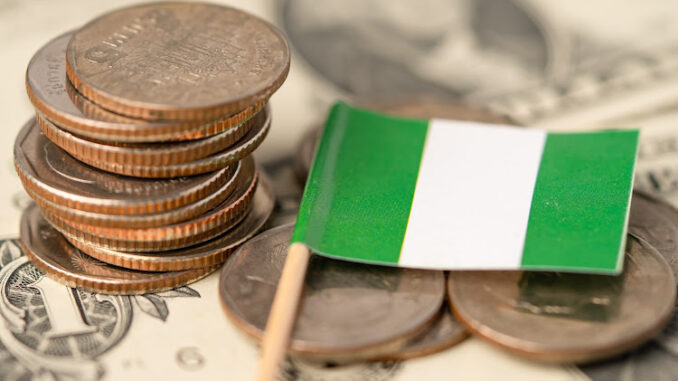
To mark May Day, the Nigerian government has declared a raise of 25% to 35% in salaries for certain groups of workers across the nation. According to a statement released by the National Salaries, Incomes and Wages Commission (NSIWC) on Tuesday, the beneficiaries include government employees in sectors such as education, health, and security. The increment, effective from January 2024, ensures that the lowest-paid government worker will receive an annual salary of 450,000 naira ($323.97) or 37,500 naira monthly.
This decision follows persistent calls from Nigeria’s labor unions for salary hikes, spurred by President Bola Ahmed Tinubu’s removal of petrol subsidies upon assuming office last year. Inflation in Nigeria has soared to nearly 35% in March, the highest in thirty years, while the Naira has depreciated significantly against the dollar, exacerbating the cost of living crisis.
Despite the wage increase, many Nigerians continue to struggle with the challenging economic conditions, underscoring the need for substantial salary adjustments to align with current realities. However, reactions to the news within Nigeria have been mixed. Some labor unions argue that prioritizing a general rise in the country’s minimum wage is more crucial, emphasizing the need to extend benefits to lower-ranking civil servants.
Nigeria’s minimum wage has stood at 30,000 naira per month since 2019, a figure now valued at less than $20 due to currency devaluation. Negotiations between the government and major labor unions regarding a minimum wage hike are ongoing.
